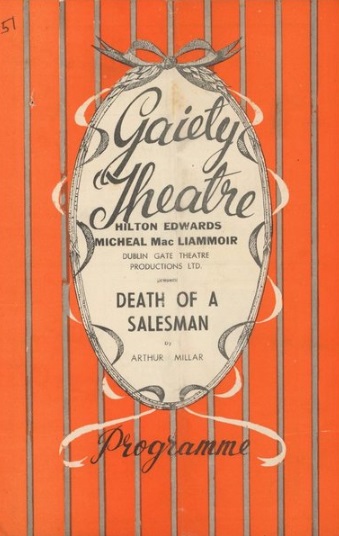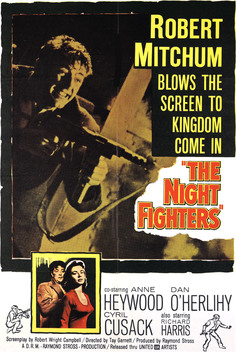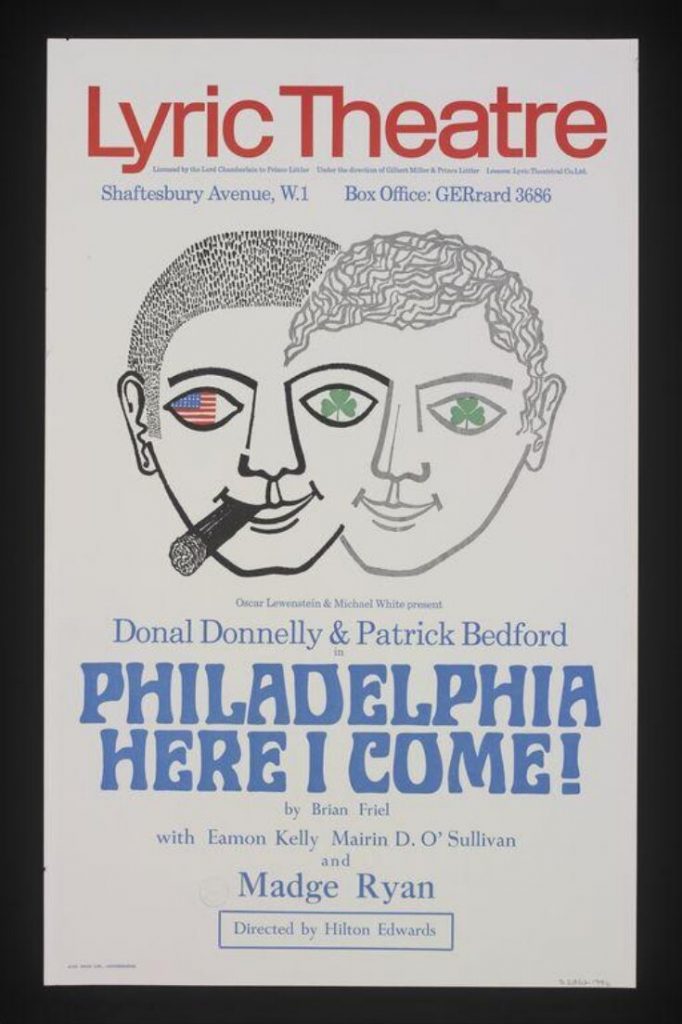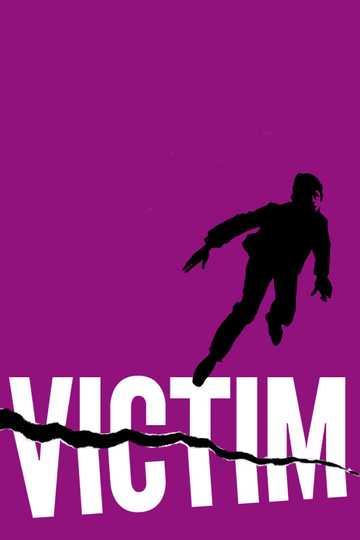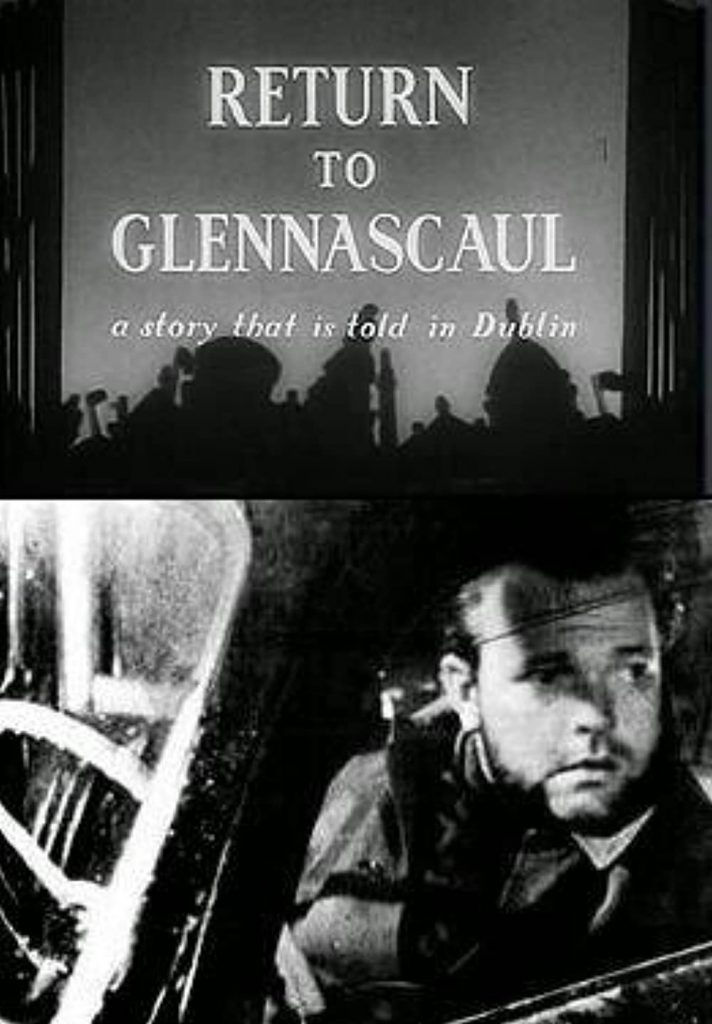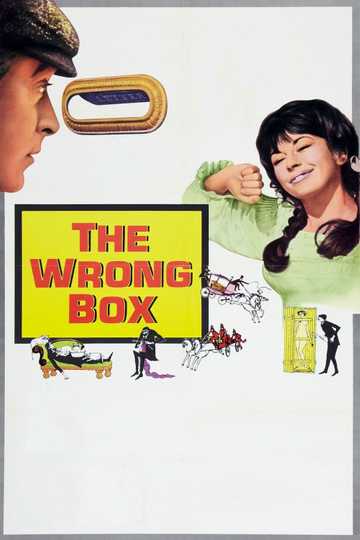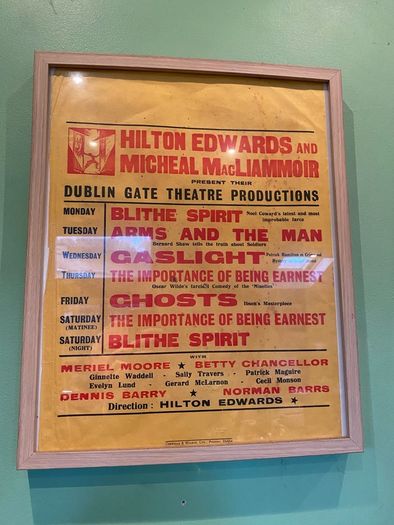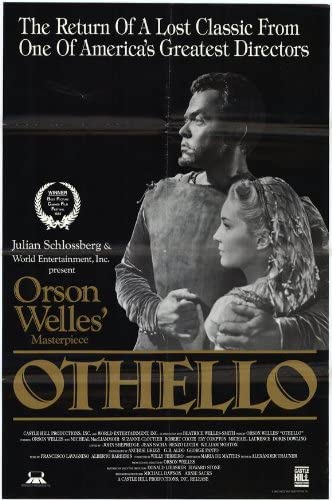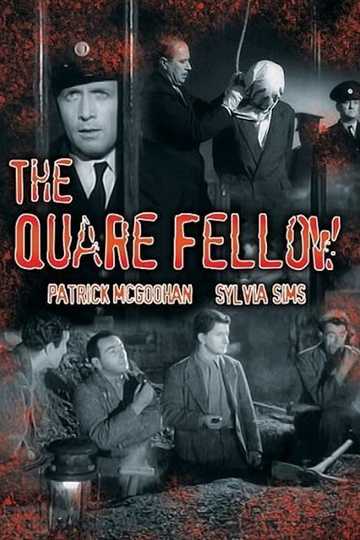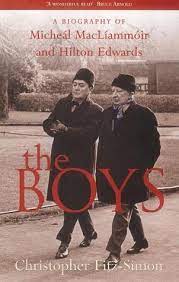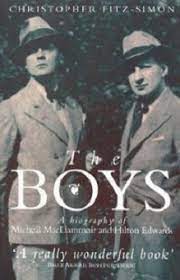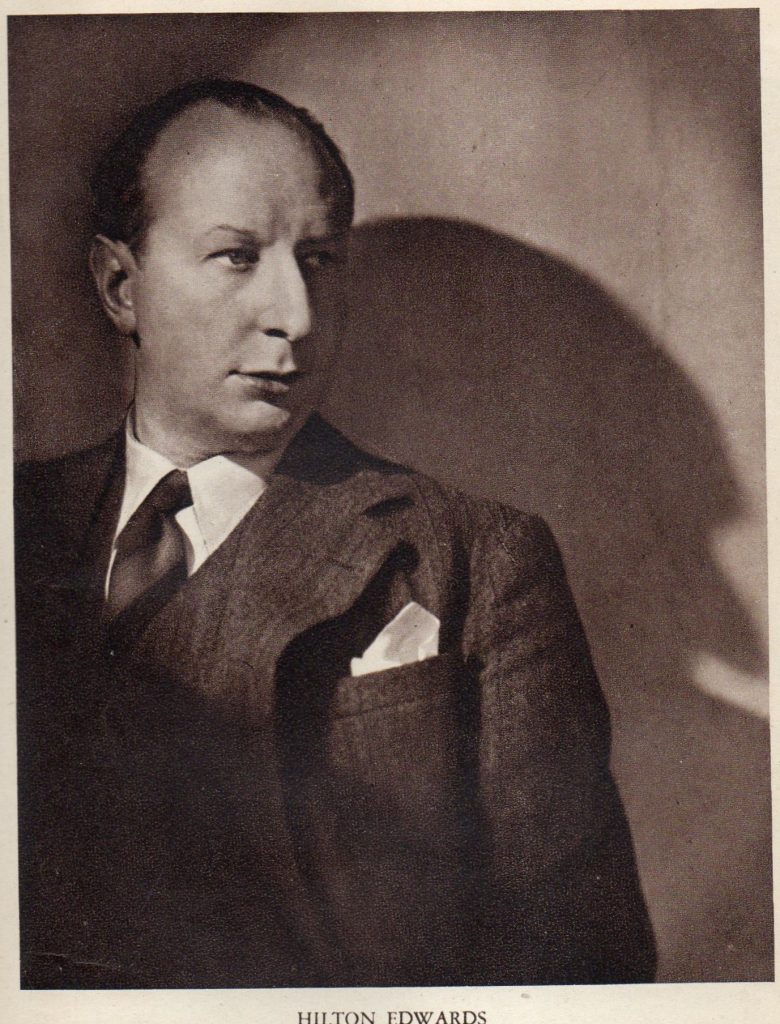
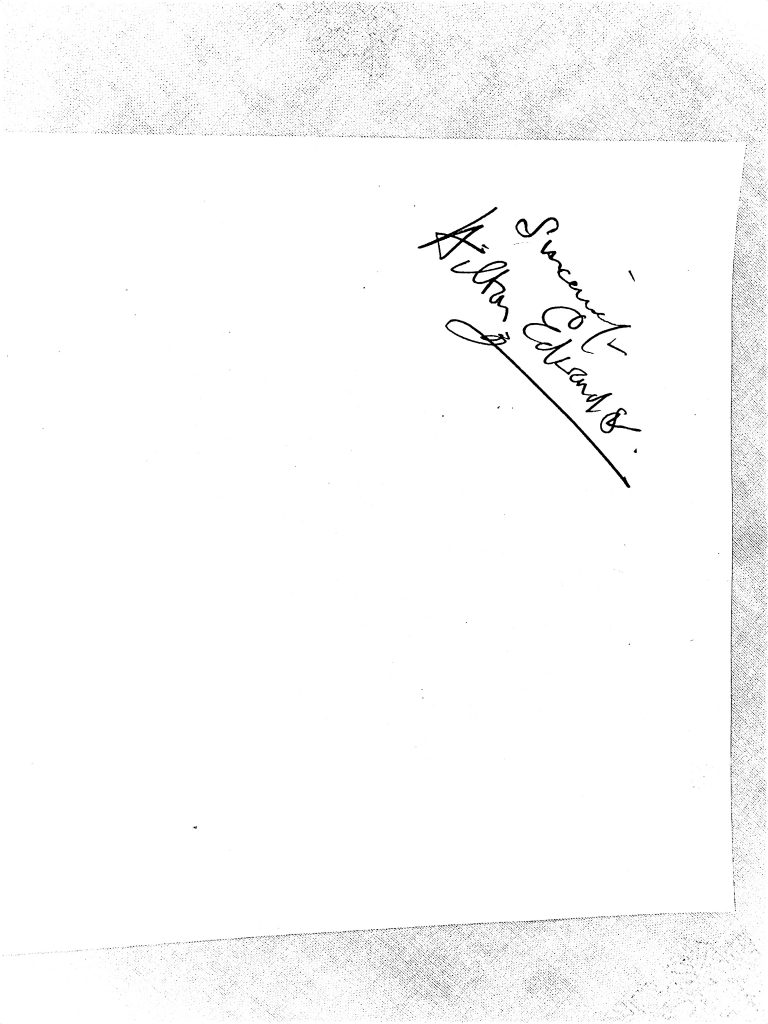
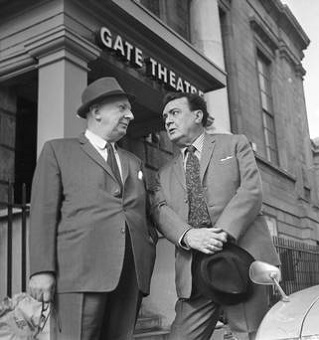
Hilton Edwards’s obituary from the 1982 ‘New York Times’.
Hilton Edwards who founded the famed Gate Theatre innDublin with Micheal MacLiammoir in 1928, died Thursday in a Dublin hospital. He was 79 years old.
Mr. Edwards, who was born in London, produced and directed more than 300 plays at the Gate, ranging from the works of Aeschylus and Sophocles, Goethe and Ibsen to the comedies of Shaw and Sheridan and new Irish plays, by such authors as W.B. Yeats, Brian Friel and Mr. MacLiammoir.
As an actor Mr. Edwards played leading parts, including the title roles in ”Peer Gynt,” ”Cyrano de Bergerac” and ”Macbeth” and Sheridan Whiteside in ”The Man Who Came To Dinner.” On Broadway in 1966, Mr. Edwards directed Mr. Friel’s ”Philadelphia, Here I Come!” and ”The Loves of Cass McGuire.”
He began his career acting with the Charles Doran Shakespeare Company in 1920 in Windsor and then joined the Old Vic in London, playing in all but two of Shakespeare’s plays before leaving the company a few years later. Trained in music, he also sang baritone roles with the Old Vic Opera company. Ireland for a Season
After touring with various companies in Britain and South Africa, he went to Ireland in 1927 for a season with Anew McMaster’s company and met Mr. McMaster’s brother-in-law, Micheal Mac@Liammoir. As he told an interviewer once, both men wanted a theater of their own; Mr. MacLiammoir wanted it to be in Ireland and Mr. Edwards did not care. ”I don’t care about nationalism, I care about the theater,” he said.
The two men’s talents were complementary. Mr. MacLiammoir was an actor, designer and writer; Mr. Edwards a director, actor, producer and lighting designer.
Dictionary of Irish biography:
Edwards, Hilton Robert Hugh (1903–1982), actor and theatre director, was born 2 February 1903 at 1 Bathurst Mansions, Holloway Road, London. His father, George Cecil Edwards, was said to have had another son by a previous marriage, but Hilton Edwards was his only son with his second wife, Emily Edwards (née Murphy). Both parents were probably of London origin. George Cecil Edwards was collector and district magistrate for Agra and Oudh, India; he died in a sporting accident at Agra in 1910, and Mrs Edwards died in London in 1926. Hilton Edwards was educated at East Finchley grammar school and for a short period by the Brothers of Our Lady of Mercy at St Aloysius’ College, Highgate. His claim that he proceeded to Cambridge university is without foundation. He was briefly in the machine gun corps in the last year of the first world war, but he did not see active service.
There is photographic evidence that he acted in school plays. A distant relative and celebrated writer of stage reviews, Reginald Arkell, introduced him to a number of theatrical managers, which led to his engagement, at the age of seventeen, as an assistant stage manager with Charles Doran’s company, which toured with six Shakespearian plays each season; Edwards appeared in crowd scenes and subsequently in small parts. His earliest speaking role was the First Player in ‘Hamlet’ at the Theatre Royal, Windsor, on 27 January 1921. After two tours with Doran, which included engagements in Dublin, Belfast, Cork, and Derry, he auditioned for the prestigious Old Vic Theatre Company, where he was taken on by Robert Atkins; his first major part was Feste in ‘Twelfth night’ and he remained with the company for two and a half years. He took singing lessons, and appeared in chorus and minor roles with the Vic-Wells Opera. During the summer recess of 1925, by which time he had appeared in all of Shakespeare’s plays but two, he joined Ronald Frankau’s cabaret. Instead of returning to the Old Vic he toured with Frankau throughout South Africa. He joined the Intimate Shakespeare Company run by Anew McMaster (qv) in the spring of 1927 for an Irish tour, where he met Micheál MacLiammóir (qv), who became his lifelong companion and with whom he founded the Dublin Gate Theatre Studio later the same year.
Extensive reading and theatre-going had alerted Edwards to the latest techniques of stage presentation. His preoccupation with German expressionist theatre, with its emphasis on movement and choral speaking, and his fascination with the interpretative possibilities of design and lighting, greatly influenced his early Gate productions and proved highly novel in Ireland, where the more naturalistic style of the Abbey Theatre and of imported West End plays prevailed. The first Gate production was Ibsen’s Peer Gynt on 14 October 1925 at the Peacock Theatre, Dublin. Within a year Edwards had directed plays by Nikolai Evreinov, Karel and Josef Capek, Eugene O’Neill, Elmer Rice, Tolstoy, and others. The outstanding successes were the earliest professional English-language performance (1928) of ‘Salomé’ by Oscar Wilde(qv), and the first play (1929) by Denis Johnston (qv), ‘The old lady says “No!”’. The latter, a highly original poetic satire on the emergent Irish Free State, lifted the Gate out of the category of the interestingly experimental and into the modern mainstream, which resulted in serious critical attention and extensive touring in the UK, Greece, Bulgaria, Romania, Yugoslavia, Egypt, and Malta until 1939.
On 14 February 1930 Edwards’s production of Goethe’s ‘Faust’ inaugurated the Gate’s permanent home in the former assembly rooms of the Rotunda Hospital, Dublin, converted by the architect Michael Scott (qv). While the Gate had no stated intention of producing Irish work, Irish playwrights inevitably sought the imaginative production conditions provided there. Over the years Edwards directed more than sixty new Irish plays, including several by writers associated with the Abbey Theatre such as Padraic Colum (qv), T. C. Murray (qv), and Lennox Robinson (qv). There were also Gate ‘discoveries’, such as Robert Collis (qv), Desmond Forristal, Maura Laverty (qv), Christine Longford (qv) and Edward Longford (qv), Mary Manning (qv), David Sears (qv), and Sam Thompson (qv). Brian Friel’s early plays ‘Philadelphia, here I come!’, ‘Lovers’, and ‘Crystal and Fox’ were Gate productions.
As an actor, Edwards was very much in the classical English tradition shared with his contemporary Donald Wolfit. Among his most praised performances were Captain Shotover in ‘Heartbreak House’ by George Bernard Shaw (qv) in 1933 and again (astonishingly) in 1971, Falstaff in ‘The merry wives of Windsor’ in 1939, Broadbent in Shaw’s ‘John Bull’s other island’ in 1947, and the eponymous hero of ‘King Herod explains’ by Conor Cruise O’Brien in 1969. His last stage appearance was in ‘The signalman’s apprentice’ by Brian Phelan in 1971. His most celebrated screen role was Mr Micawber in the BBC serialisation of Dickens’s David Copperfield in 1957.
As a director, he invariably worked to a detailed technical plan, always suiting the production to the literary style of the play. The actor Anna Manahan quoted his most famous admonitions to actors: ‘a pause is not a vacuum: it must be filled with thoughts and feeling’; ‘there must be clarity – clarity of articulation and thought’; and ‘the whole craft of the actor is to make it lookbelievable’. He directed almost 400 plays, mainly for Dublin Gate Theatre Productions Ltd, whether at the Gate or in other houses; upwards of fifty of these productions were seen on tour in more than twenty countries. He was head of television drama at RTÉ(1961–3), and guest director with several theatre managements, including the Abbey Theatre, the Old Vic, and the Mark Taper Forum in Los Angeles.
His principal publications were The mantle of Harlequin (essays, 1958) and Elephant in flight (poems, 1967). Edwards and MacLiammóir were jointly created freemen of the city of Dublin in 1973, the first theatrical practitioners to be so honoured. He was awarded the degree of LLD (h.c.) by the National University of Ireland in 1974. A bronze portrait bust by Marjorie Fitzgibbon is in the Gate Theatre. He died in Dublin on 16 November 1982, following a short illness. His papers are in the Dublin Gate Theatre Collection in the library of North-Western University, Evanston, Illinois, USA.
Sources
